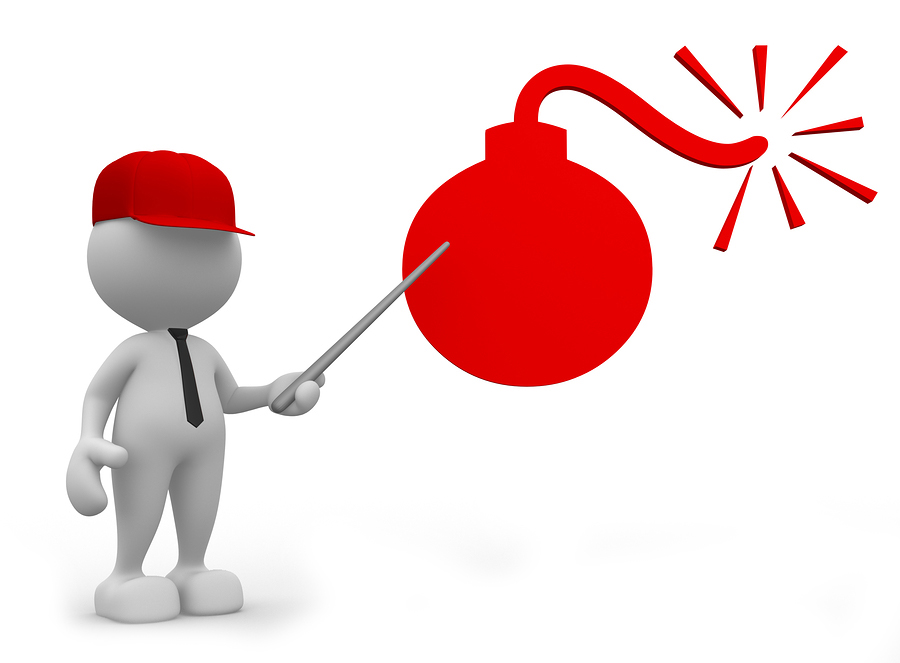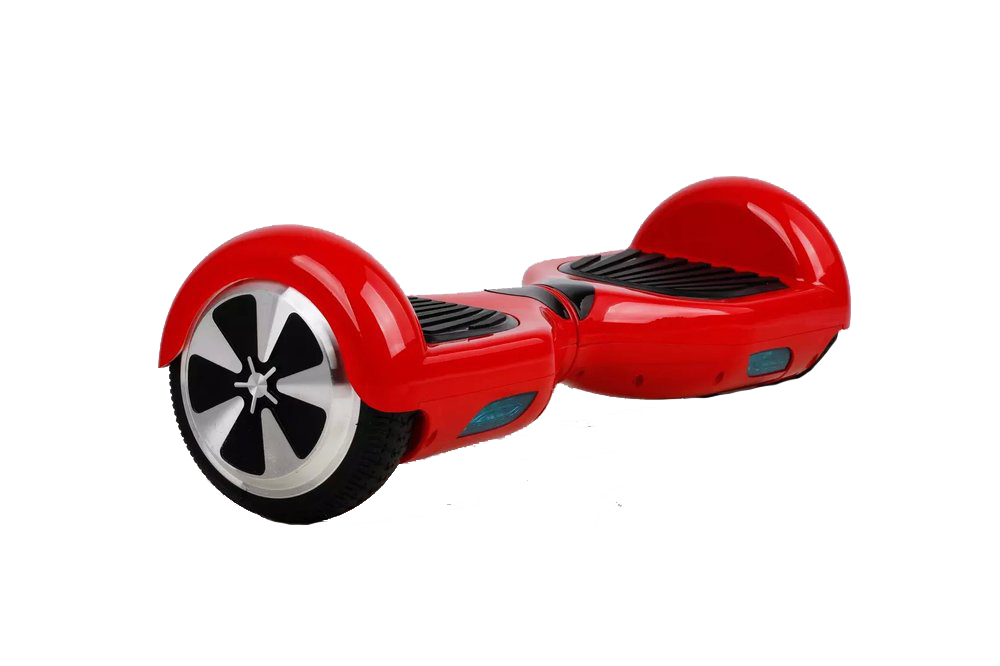As you read this, I hope you are joining me and a few thousand of our closest friends at the epicenter of the promotional products industry for this week – PPAI EXPO. If you are in Las Vegas, I hope you'll take the time to reach out to me on Twitter, or shoot me an email – I'd look forward to the chance to meet you in person and hear your thoughts on product safety in our industry!
 We've talked a couple of times about the growing dangers of NiCad batteries in hoverboards. Our industry has seen a new focus on battery safety in general; a step in the right direction in recognizing that it's not only the product that needs to be safe, but the batteries that power it, too. I think it's likely you've heard about these issues by now, but if you haven't, this article from Wired does a nice job of explaining why they are exploding everywhere.
We've talked a couple of times about the growing dangers of NiCad batteries in hoverboards. Our industry has seen a new focus on battery safety in general; a step in the right direction in recognizing that it's not only the product that needs to be safe, but the batteries that power it, too. I think it's likely you've heard about these issues by now, but if you haven't, this article from Wired does a nice job of explaining why they are exploding everywhere.
Since the bulk of the issues lie with knock-offs (the U.S. patent is owned by Razor, but even that is a prickly issue), there is good news to report. As a result of intense news reporting, major retailers like Amazon have required more documentation from the Chinese factories making the knock-offs, which in turn, are simply closing their doors rather than provide it. "The whole industry has been wiped clean," Lou Bin, a Hangzhou-based hoverboard re-seller whose business has suffered after Amazon introduced new requirements, told Quartz. "Small factories have exited the market, and everyone is paying more attention to safety and patents." That’s a good thing for all of us!
 What is NOT a good thing is a somewhat opportunistic product that I hope we don't see this week while in Las Vegas. If you absolutely HAVE to have a hoverboard, Newtex, a supplier of heat and fire-resistant materials sold to the military, has now entered the retail market with a cover made from a material normally used in fire-resistant curtains. The idea is to protect you when the hoverboard blows up while you're charging it. For just $54.95, you can avoid a lasting memory from a temporary loss of judgment. "So far, we are keeping up with demand," Rich Lanpheare, Newtex's vice president of sales and business development, told CBS MoneyWatch. "We're getting hundreds of orders from all over the U.S., Canada and Europe."
What is NOT a good thing is a somewhat opportunistic product that I hope we don't see this week while in Las Vegas. If you absolutely HAVE to have a hoverboard, Newtex, a supplier of heat and fire-resistant materials sold to the military, has now entered the retail market with a cover made from a material normally used in fire-resistant curtains. The idea is to protect you when the hoverboard blows up while you're charging it. For just $54.95, you can avoid a lasting memory from a temporary loss of judgment. "So far, we are keeping up with demand," Rich Lanpheare, Newtex's vice president of sales and business development, told CBS MoneyWatch. "We're getting hundreds of orders from all over the U.S., Canada and Europe."
Finally, one more cautionary note on batteries, this time on lithium "button" batteries. While the products you are sourcing may be considered "general use" items not intended for children under 12, if they are powered by those small disk batteries, there is the risk of ingestion. Between 2005 and 2014 there were nearly 12,000 cases of children under six swallowing batteries. While they normally pass through if adults accidentally ingest them, in the case of young children, they can easily become lodged in the esophagus, with tragic circumstances. The batteries send an electrical charge into the tissue, causing corrosive damage, which is likely what caused an Oklahoma toddler’s death just last week. It's certainly something to think about as you do your risk assessment.
If you're used to seeing this post on Fridays, I hope you’ll now look for us every other Monday. The great folks at Identity Marketing moved us up in the "lineup" a bit, so we'll be here on Mondays from now on. We appreciate the opportunity to start the week out with you with some thoughts about how to make products safer for everyone!
Jeff Jacobs has been an expert in building brands and brand stewardship for more than 30 years. He’s a staunch advocate of consumer product safety and has a deep passion and belief regarding the issues surrounding compliance and corporate social responsibility. He is the executive director of Quality Certification Alliance, the industry’s only non-profit dedicated to helping suppliers provide safe and compliant products. When he's not working, you can find him traveling the world with his lovely wife, working as a volunteer Guardian ad Litem, or sometimes even enjoying a cigar at his favorite local cigar shop. Follow Jeff on Twitter, or reach out to him at jeff@qcalliance.org.